Have you ever taken a work call at a movie date? Or sent in an email while at a party? These might be “just a call” or ” just an email” for you. But over time, these constant sneak-ins of work build up to a tremendous loss.
Work-life balance is a state of equilibrium. The ability to manage work and personal responsibilities in a way that does not compromise one’s physical, mental, and emotional health.
In today’s fast-paced world, achieving work-life balance has become increasingly challenging. As the demand continues to increase, individuals must find ways to balance the two effectively. Work-life balance has become a buzzword.
It is the concept of achieving a balance between the demands of work and the needs of personal life, such as family, leisure, health, and social activities. The ideal work-life balance enables people to have a fulfilling personal life while still being able to meet the demands of their work.
Let us explore the importance of work-life balance and its benefits for individuals, organizations, and society. The need to work long hours, keep up with deadlines, and meet the demands of personal life can be overwhelming, leading to stress, burnout, and a host of physical and mental health issues.
Why do we need a work life balance?
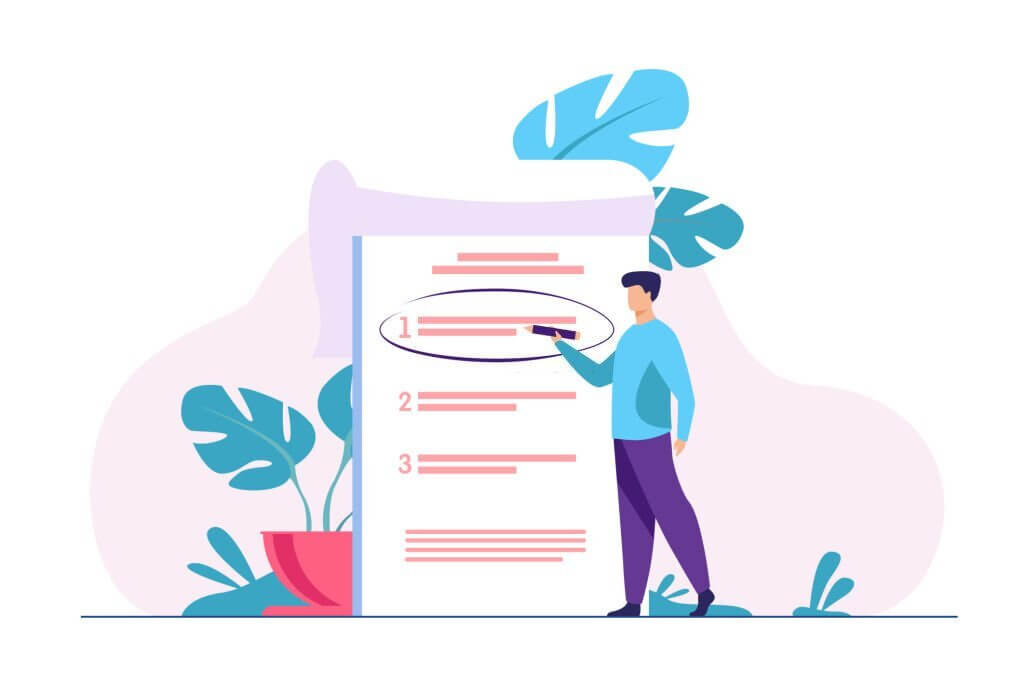
Maintaining a healthy work-life balance is crucial for several reasons.
1. Physical and Mental Well-Being
Long working hours and stress can lead to burnout, which can have detrimental effects on an individual’s health. It enables individuals to prioritize their personal life and engage in activities that they enjoy outside of work, such as spending time with family and friends, pursuing hobbies, or engaging in community activities.
This, in turn, can have a positive impact on mental and physical health, leading to reduced stress levels, improved mental health, and a more fulfilling life.
2. Increased Productivity at Work

When individuals are rested and have time to engage in leisure activities, they are more likely to be productive and perform better at work. In addition, a healthy work-life balance can improve an individual’s productivity and job satisfaction.
When people feel that they have enough time for their personal life and interests, they are more likely to be engaged and motivated in their work. A well-rested and fulfilled employee is more likely to be productive, creative, and efficient.
If you want to know more about work related productivity tips then we recommend you check out a post we recently wrote on Top 5 Work From Home Productivity Tips.
3. For Maintaining Healthy Relationships With Friends and Family
When individuals prioritize their personal life, they can build and maintain meaningful relationships with those they care about.
4. Organizations Also Benefit From Work-Life Balance Practices

For example, when organizations implement flexible working arrangements such as telecommuting or job-sharing, it can lead to cost savings, increased productivity, and improved employee morale. Flexible working arrangements can reduce office overheads such as rent, utilities, and maintenance, as well as reduce absenteeism and turnover.
Furthermore, organizations that support work-life balance practices are seen as more attractive to potential employees, leading to a more diverse and talented workforce.
5.Essential for Society as a Whole
When people have a healthy work-life balance, they are better able to participate in their communities, contribute to society, and foster positive relationships. Individuals who have a healthy work-life balance are more likely to volunteer, engage in civic activities, and participate in their local communities, which can have a positive impact on society as a whole.
6. Pursue Their Passions

May it be playing the guitar or twirling to music. practicing hobbies lead to increased happiness, reduced stress, and better mental and physical health.
When people have time to engage in activities that they enjoy outside of work, such as spending time with family and friends, pursuing hobbies, or taking part in community activities, it can have a positive impact on their mental health and emotional well-being.
How to balance work and personal life?

Set boundaries:
Establish clear boundaries between your work and personal life. For example, turn off your phone after work, avoid checking your email during your free time, and set limits on how much work you bring home.
It’s crucial to set clear boundaries between your work and personal life. Establish specific working hours and stick to them. Avoid checking your work email or taking work-related calls during your non-working hours. For example, individuals can set a schedule for when they will check emails or take calls, and avoid doing so outside of those times.
By setting boundaries, individuals can avoid work encroaching on their personal time and vice versa.
Take breaks:

Regular breaks are essential to maintain your productivity and prevent burnout. Take short breaks throughout the day, and take time off to relax and recharge.
Exercise and eat healthy:
Take care of your physical health by exercising regularly and eating a balanced diet. This can help you stay energized and focused during your workday.
Disconnect:
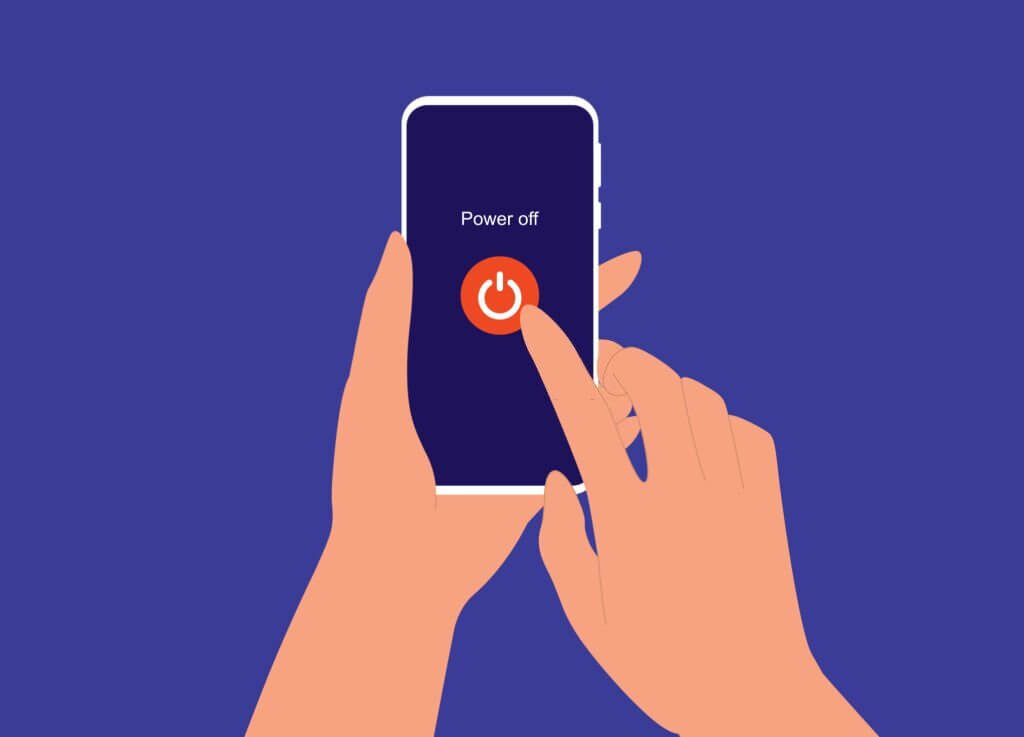
Take time to disconnect from technology and social media. This can help you relax and reduce stress. This can help individuals to disconnect from work and focus on personal life during non-work hours.
It is also important to establish boundaries with colleagues and managers, communicating the need for uninterrupted personal time and setting expectations for work-related communication during non-work hours.
Spend time with loved ones:
Make time for the people you love and enjoy activities that help you disconnect from work.
We’re linking to a post by Zen Habits on a similar topic “Spend time with family and loved ones” which we highly encourage you to check out.
Set real priorities:
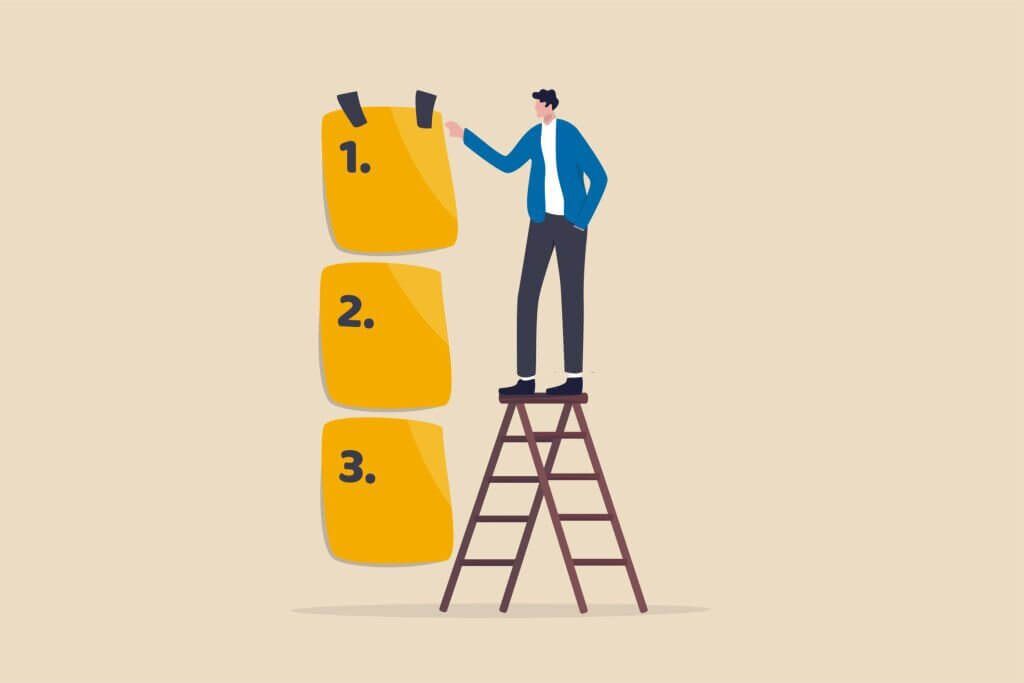
Determine what matters most to you, both in your personal and professional life. Decide which activities are essential, and which can wait. Create a to-do list that reflects your priorities, and set reasonable goals for each day. Make a list of your priorities and organize your schedule around them. Focus on the most important tasks and delegate the rest.
Learn to say no:
It can be tempting to take on more work than you can handle. However, this can quickly lead to burnout. Practice saying no when you need to, and be honest about your limitations, as it’s important to set limits and avoid overextending yourself.
Manage your time effectively:
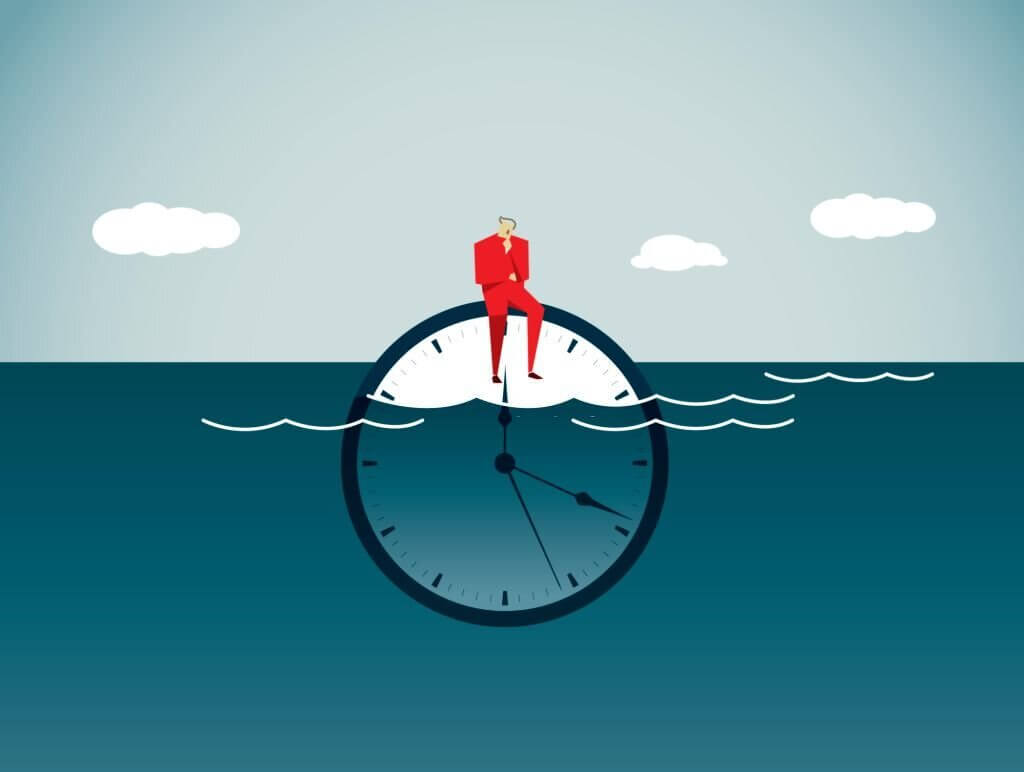
Use your time wisely, and avoid distractions. Set aside time for work and time for leisure, and make sure you stick to it. Use tools such as time-tracking apps to help you stay on track. Or the well famed pomodoro technique.
In case you wanna dive even deeper into how you can manage your time effectively, you should definitely give How to Have a Productive Day a read.
Take care of yourself:
Make time for self-care activities, such as exercise, hobbies, and socializing. Get enough time for relaxation. One key step is to prioritize personal time, including time for self-care, leisure, and social activities.
It is essential to set aside time for activities that bring joy and fulfillment, such as meditation, or reading. This can include regular exercise, eating a balanced diet, and getting enough sleep. Additionally, engaging in hobbies and leisure activities can help individuals de-stress and recharge, improving their overall well-being.
Communicate with your employer:

If you’re struggling to balance your work and personal life, talk to your employer about it. They may be able to provide support or adjust your workload to make it more manageable. Individuals should communicate with their employers about their work-life balance needs and seek flexible working arrangements such as telecommuting, or adjusted work schedules.
Employers also play a critical role in supporting their employees’ work-life balance. Employers can provide flexible work arrangements, such as remote work, flexible working hours, and job sharing. They can also create a supportive work culture that encourages employees to prioritize their personal life.
By supporting work-life balance, employers can increase employee retention, job satisfaction, and overall productivity.
Wrapping Up!
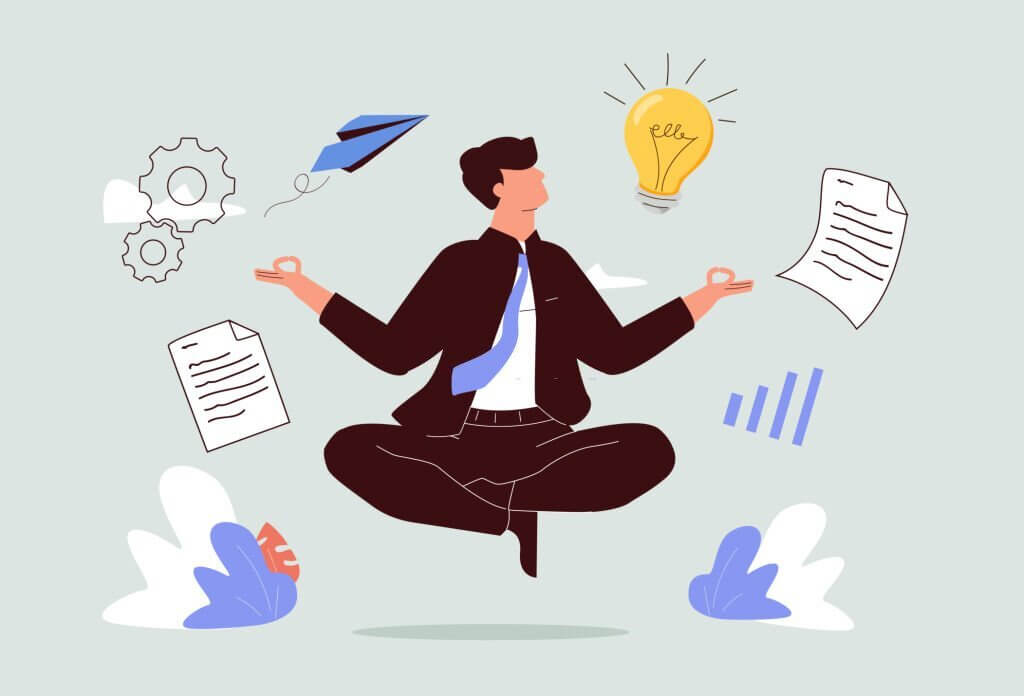
In conclusion, achieving work-life balance is essential for one’s physical, mental, and emotional well-being. It can lead to increased productivity, healthier relationships, and overall life satisfaction.
Individuals can achieve work-life balance by setting boundaries, prioritizing self-care, and engaging in leisure activities. Employers can support work-life balance by providing flexible work arrangements and creating a supportive work culture. In today’s fast-paced world, achieving work-life balance is crucial for maintaining a happy and healthy life.
Balancing work and personal life is essential for an individual’s overall well-being and productivity. Achieving a work-life balance requires individuals to prioritize personal time, communicate their needs to their employers, and establish boundaries between work and personal life. By doing so, individuals can lead a more fulfilling life, improve their mental and physical health, and increase their productivity and job satisfaction.
Work-life balance is essential for individuals, organizations, and society as a whole. It improves overall well-being, increases productivity and fosters positive relationships and engagement in the community.
As such, it is important for organizations to implement practices that support work-life balance, such as flexible working arrangements, and for individuals to prioritize their personal life and interests.
By achieving a healthy work-life balance, individuals can lead more fulfilling and happy lives, while organizations can benefit from a more productive, engaged, and loyal workforce. A healthy work-life balance is critical for individuals and organizations to thrive in this world.
Remember, achieving a good work-life balance is an ongoing process. It’s important to regularly assess your priorities and adjust your habits accordingly. Achieving a good work-life balance requires ongoing effort and adjustment. Be flexible and open to change, and don’t be afraid to ask for help when needed.

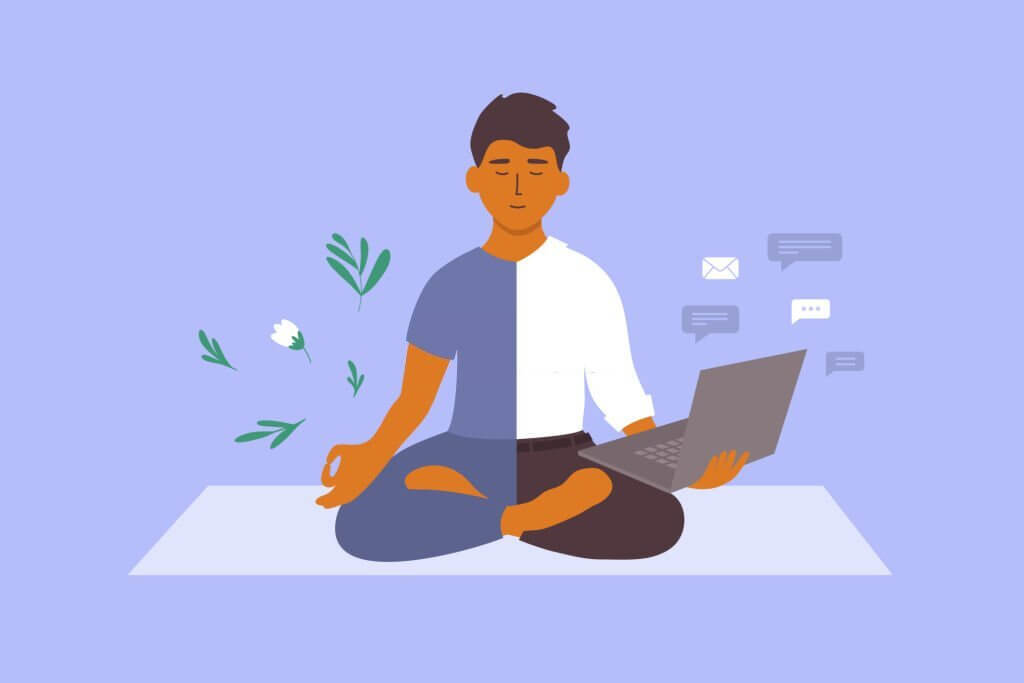

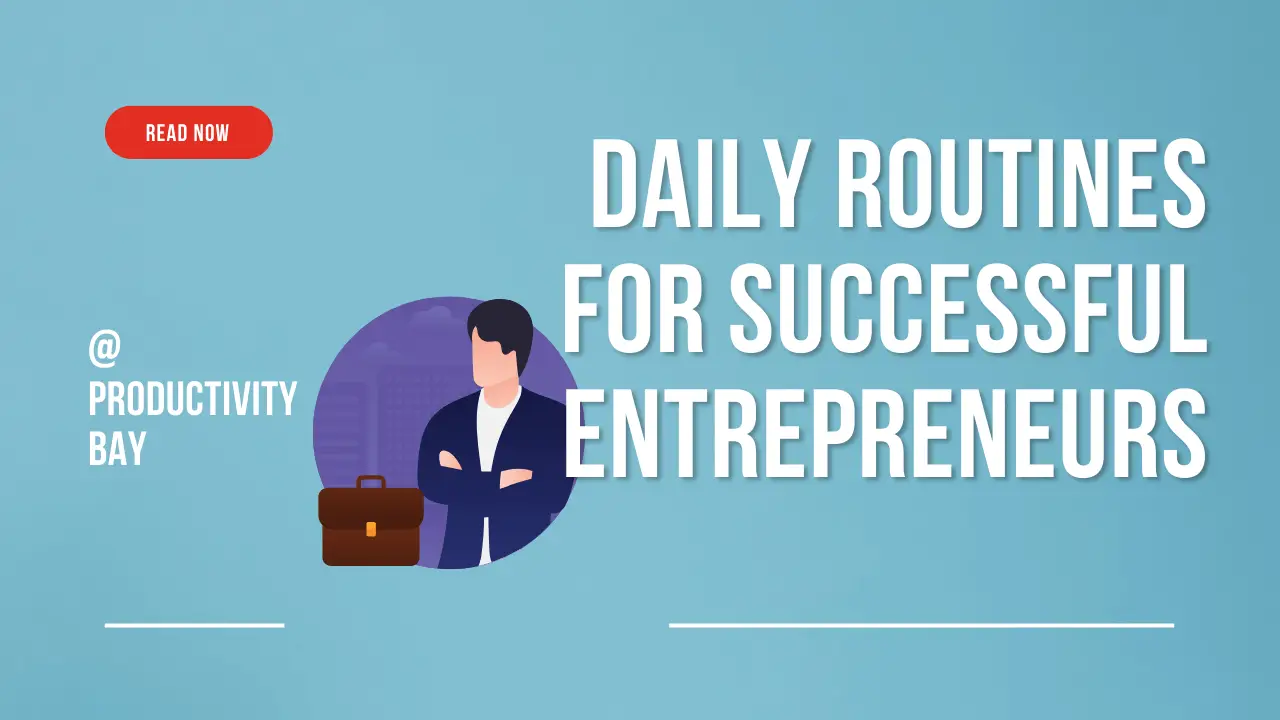
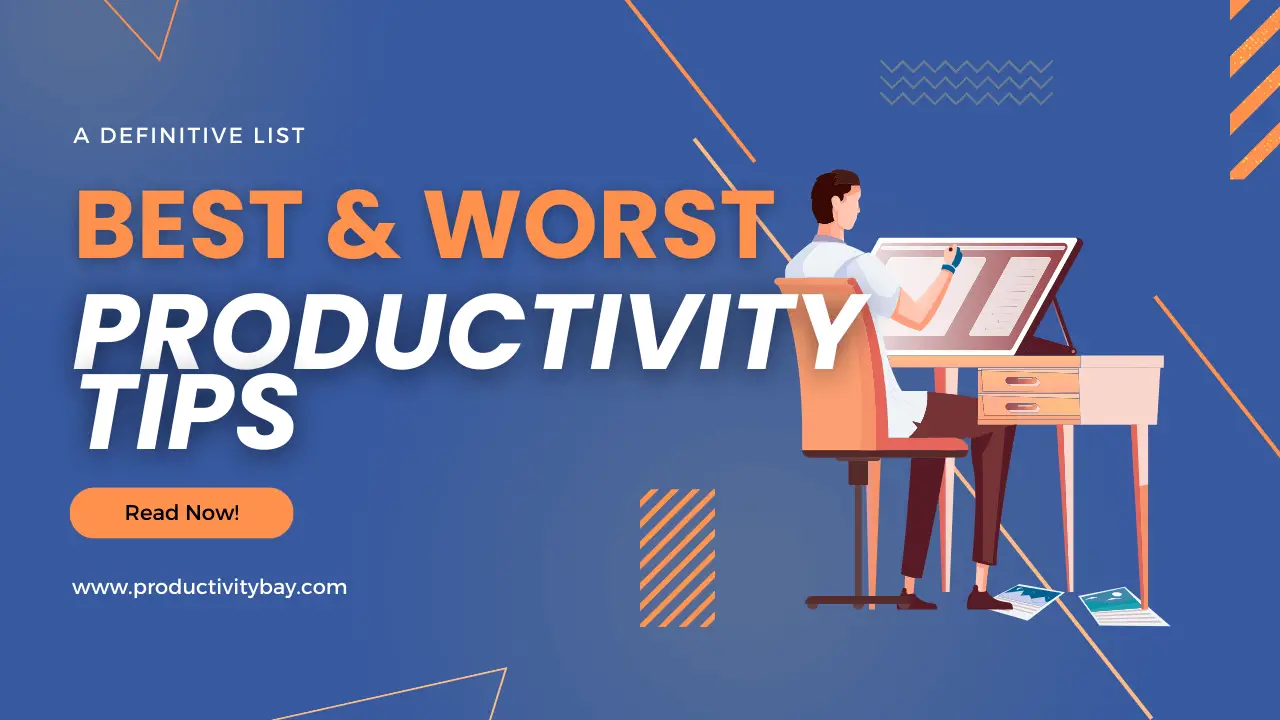
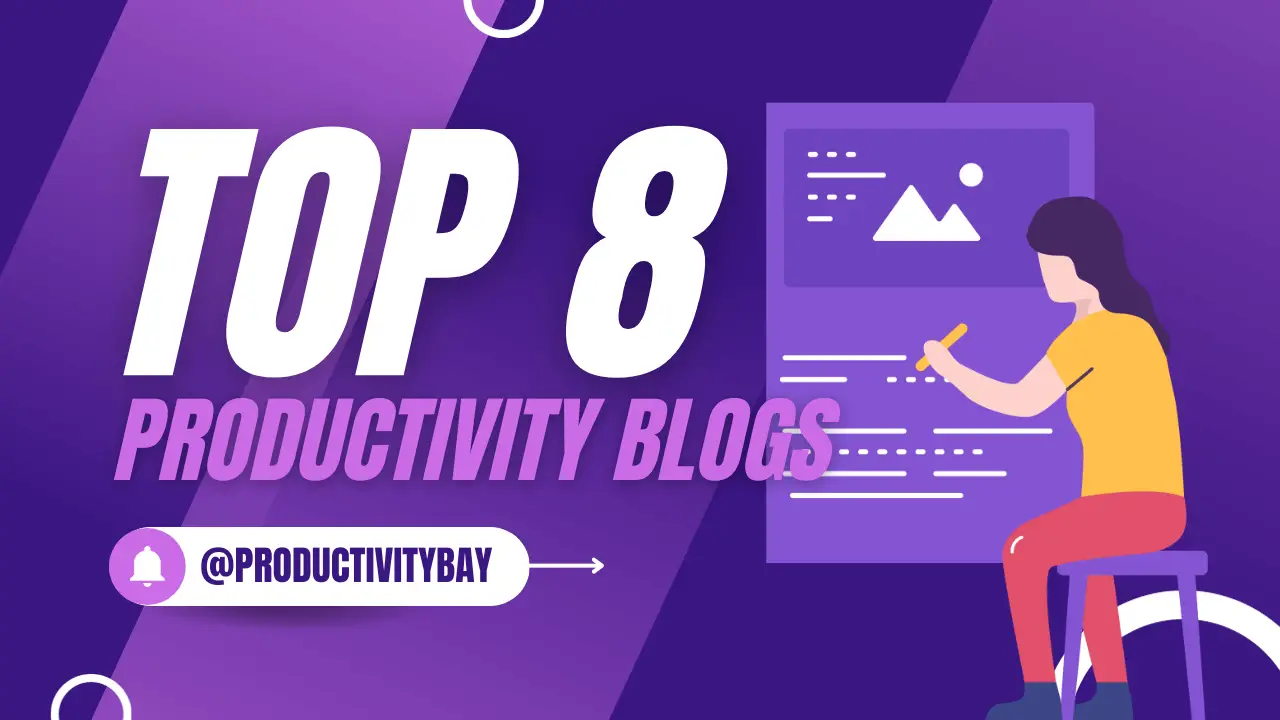

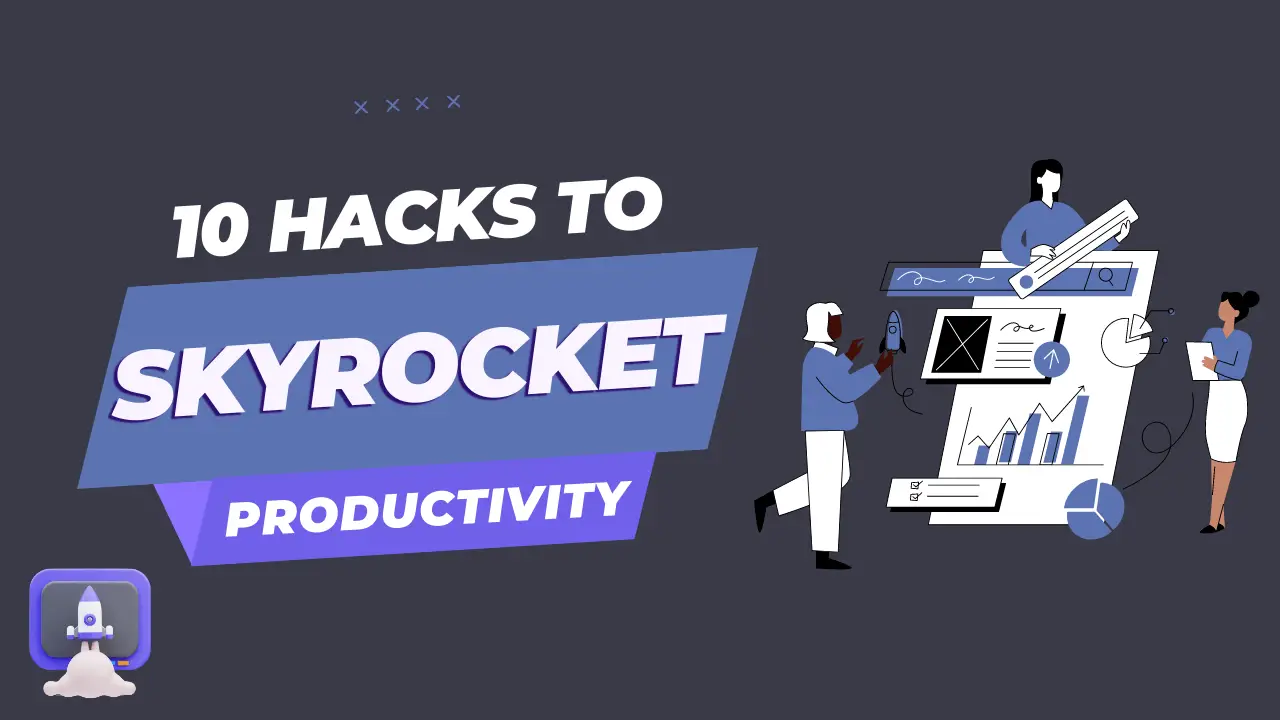
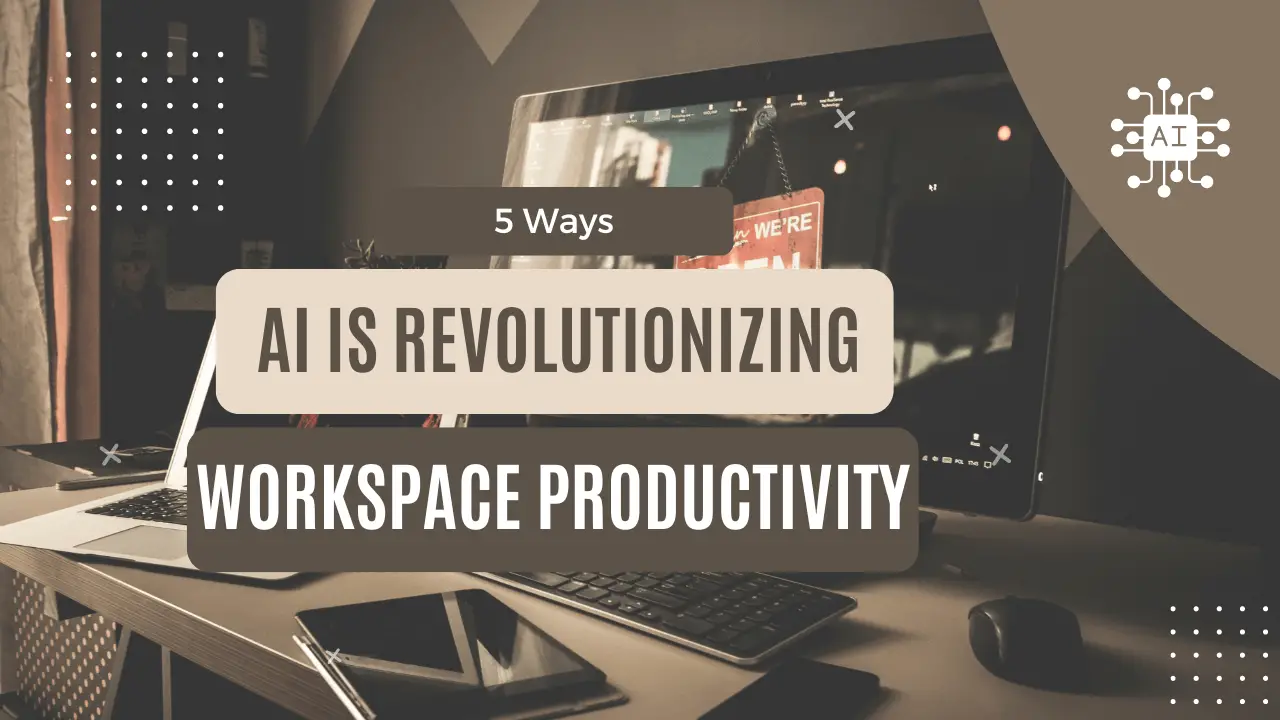
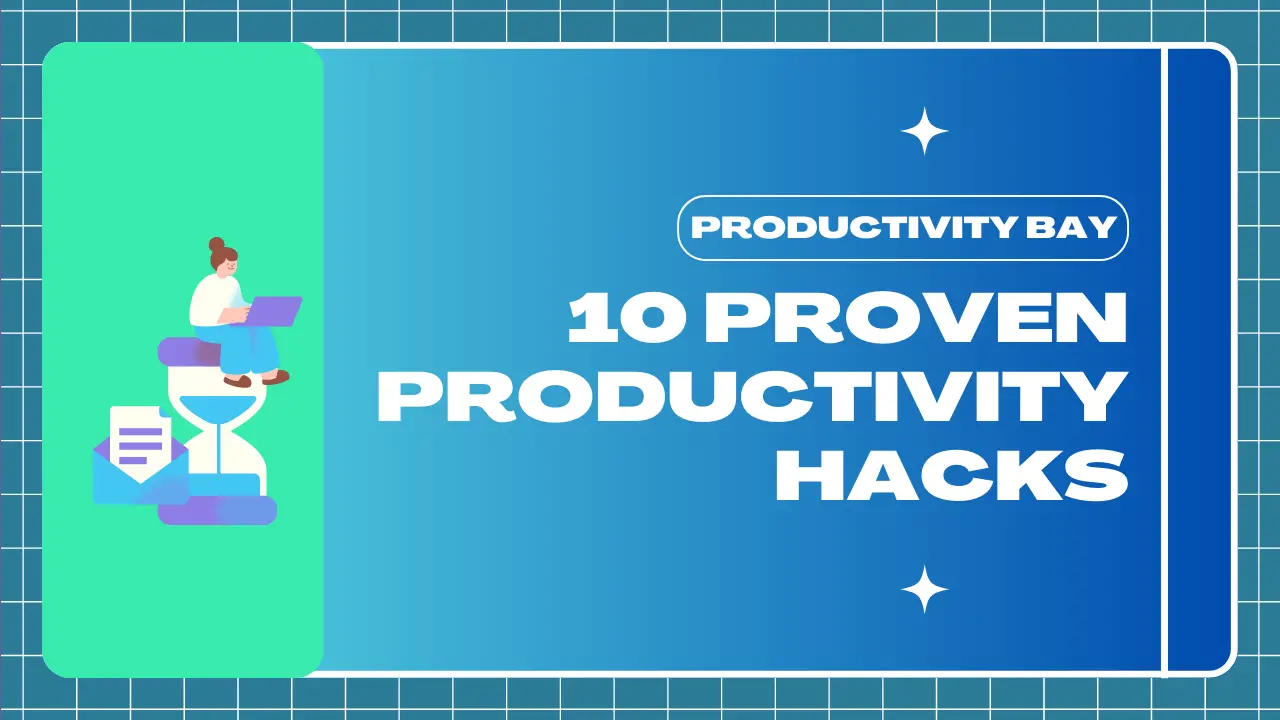



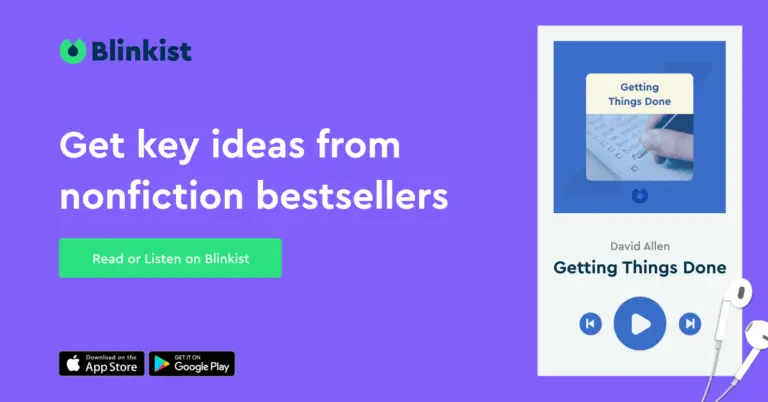
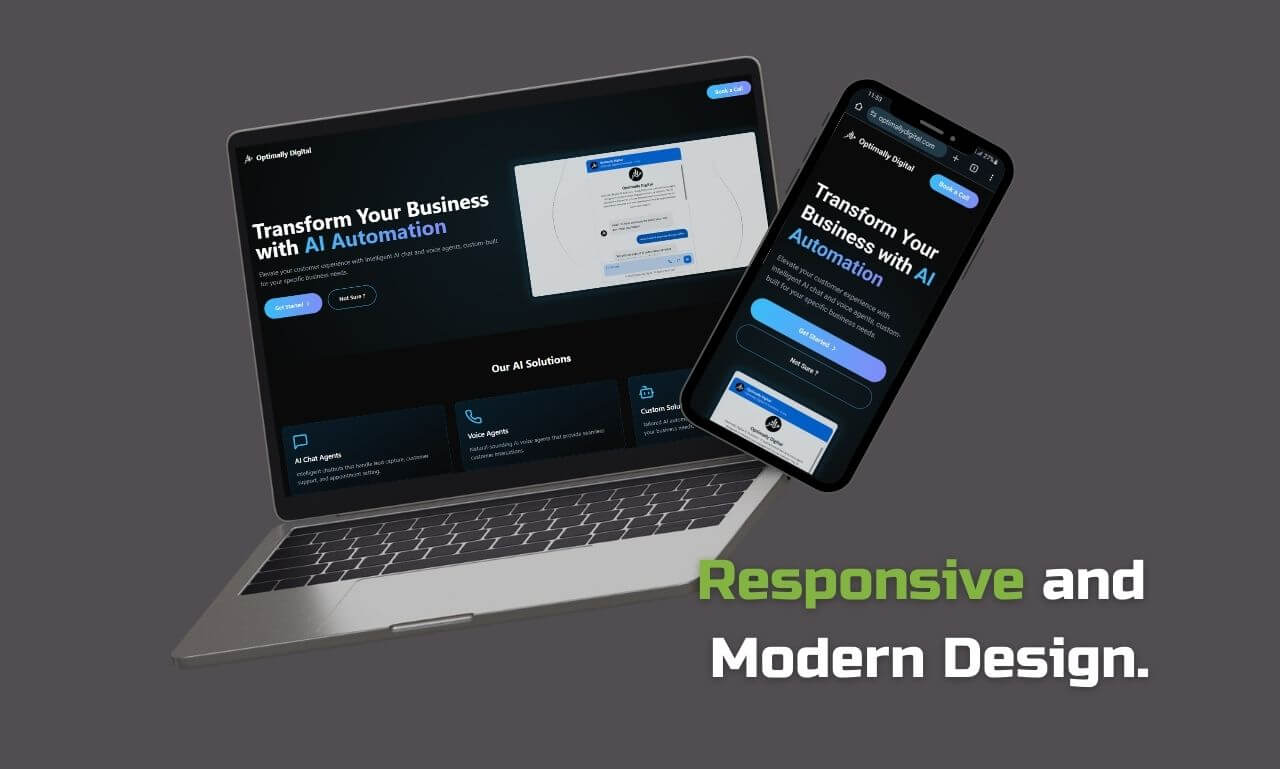
Leave a Reply